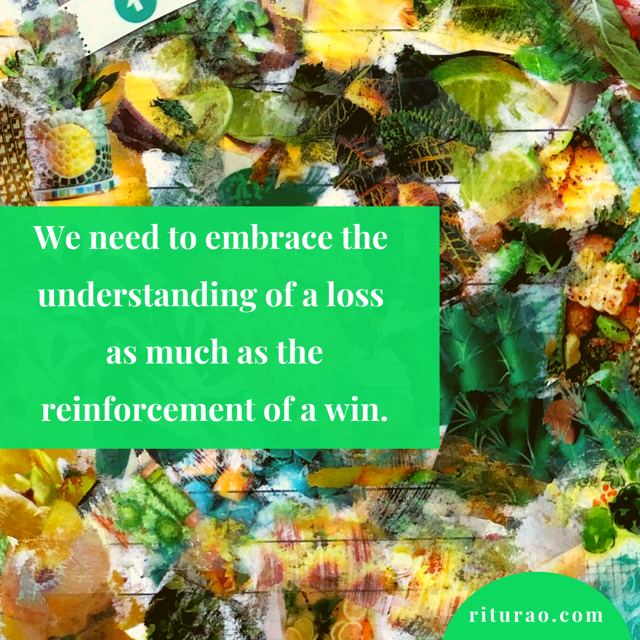
“Little grey cells” was all it took, he claimed. The man, the wit and the moustache, together known as Hercule Poirot, is Agatha Christie’s incomparable detective. His grey cells snatched up the most puzzling mysteries and expertly unraveled them at the core.
Much of my childhood was spent wrapped up in those books, from the hook on the first page—the seemingly impossible murder—to the satisfying and fantastical reveal, and usually neat and tidy end.
Did I learn how to use my little grey cells? A little (I hope).
But what I did learn was how good the detective was at following the evidence, even if it went directly against the most obvious solution. Something that’s easier in fiction than real life.
Us real life humans can be very stubborn; we can love the idea of learning something new but still dig in our heels when it requires us to see or do things differently. New information, same old reaction.
The most intellectual ones among us are just as guilty. Years of experience and specialized knowledge—a goal so many of us aspire to, that awed status of “expert”—serve us and move us forward, until we fail, or worse, fail to see.
If a point of failure flies in the face of what you’ve always known or done; if changed circumstances threaten the very foundation you’ve always stood on; if new facts stare you in the face and question (gasp) what you’ve never dared question, what then?
How do you react? What do you do?
WWHPD? (What Would Hercule Poirot Do?)
He would challenge his own beliefs and assumptions. He would follow the evidence, no matter how counter-intuitive to his experience, and keep an open mind to possibilities. He would be curious in places where others turned a blind eye. Life isn’t a neat and tidy mystery, or even a knowable one, but our problems still need solutions, not stalemates.
Learning sometimes means putting aside experience.
Learning means keeping an open mind.
Good learners are good “belief updaters”, adapting their beliefs—no matter how precious or staunch—when they know better, even if it is difficult to accept.
Although easier in fiction, it is possible in real life. In his book Range David Epstein details how Charles Darwin relentlessly attacked his own ideas, dispensing with one model after another, until he arrived at a theory that fit the totality of the evidence.
Ralph Waldo Emerson, philosopher, poet and real-life person, tore down wall after wall in his journals in search for a style and for ideas that would both question his certainty and access his fluidity.
Art as a whole challenges established norms, tests boundaries and holds ideas up for consideration, no matter how sacred. As does science.
And innovation would not exist if we weren’t willing to challenge what we know.
Sticking to existing beliefs in the face of new evidence means we are updating our belief in the wrong direction. We get to keep our pride, but not the solution we need.
We need to embrace the understanding of a loss as much as the reinforcement of a win, because learning and experience are not an either-or proposition. As far as mysteries go, these are the kind of clues that are immensely important, and reveal answers that light the path ahead.
Leave a Reply